To round up the podcast series, we have a bonus episode – not only to commemorate Yawn’s fifth anniversary but to shine a light on 5 key people who have helped Yawn along the way. Join Sam and Grace as they reflect on some special figures, remembering the lessons they’ve taught them and giving credit where its due.
Meet your hosts

Sam Edwards
Sam Edwards has a wealth of experience devising strategy and managing marketing campaigns across industries, with a particular focus on standout, creative campaigning. He has his heart screwed on and his head in the right place.
Beyond Yawn, Sam works with The Feed social enterprise as a Non-Executive Director, working to prevent poverty, hunger and homelessness in Norwich.

Grace Appleby
Grace Appleby oversees all of Yawn’s precious relationships with clients, friends, partners and suppliers, and enjoys nothing more than meeting new people.
In her free time, Grace is a networker by nature – organising events for the Buy Local Norfolk community and running Norfolk Women’s Marketing Network C.I.C.
Transcript
Grace: Welcome to the Yawn Marketing Podcast. We believe good marketing is like a yawn. It gets to you and goes around the room.
Sam: We’re an agency and consultancy based in Norwich and as we approach our fifth year, we wanted to step outside the business and reflect on the journey so far. I’m Sam Edwards, the agency founder, and I’m joined as ever by Grace Appleby, our client service director.
Grace: We’re going to be looking at the highs and lows of agency life, and everything in between, so let’s get into it.
Sam: Grace, what are we talking about this week?
Grace: So today is a bit of a bonus episode. We’ve had five episodes to reflect on our five years in business. And this one is kind of a looking back and an overall summary of thank yous to specific people who’ve made a difference along the way.
Sam: And there’s an awful lot of them.
What we picked out are five ones that we think kind of represent the pack and people that we wanted to particularly shout out.
Grace: Absolutely. So do you want to kick us off?
Sam: I do. I wanted to start with Tom Haczewski , who is a fellow agency owner based in Norwich. An all round lovely guy.
Absolutely lovely guy, and very pragmatic, kind of beyond his agency doing all sorts of other things within the kind of community. He, I don’t even remember, oh, I know how he came on my radar. I was doing a kind of this was a bit weird actually, I forgot about this. I was doing like a chain and I had a coffee, interesting coffee with someone and I said, can you refer me to someone else who you think is interesting?
Oh, I remember that. They referred me to someone else and eventually I stumbled across Tom and I think I pretty much stopped there because it was
It was just so lovely and hit the jackpot. Yeah, hit the jackpot. But the big thing that I wanted to shout out that he had done for us was to put the emphasis on culture.
We’ve had an episode talking about culture. In particular, he ran a I think they went to Morocco. Something, like that. It was, I know it begins with M. It was either Morocco or Marrakesh. I have a feeling it was Morocco. But he took his whole business out to Morocco and they did a five day boot camp, they did seminars, they each did a presentation on something. And it sounded to me, when I met Tom, it was just the two of us running Yawn.
And that just felt unobtainable and, and really, well, frankly, a little bit strange. I didn’t really understand why you would do that.
Grace: But to clarify, the reason they’d done that was to reflect on the business and where they were at and their positioning, right?
Sam: Yeah, the business had got to a certain size, as I understand it, the business had got to a certain size and it felt like we can afford to do this so we should give it a go and, yeah, reflect on how they’re doing, what they’re doing, why they’re doing it, and all of that.
And it wasn’t actually that long later that we found ourselves in that same position, and we didn’t go nearly as far afield or kind of bougie as that, but we did get a really lovely beautiful kind of, like, It won lots of architectural awards, I remember that, for like, a really snazzy cabin on the North Norfolk coast, and there was four of us at that point.
There were only four of us but it was right in the really early days when there were four of us, as in we’d only just recently grown the team to that size, and we hadn’t yet got to the, I remember this thinking, this is the last time that we can afford to take a week out of the business. Yeah.
We’ve got enough stuff coming in.
Grace: Yeah, because we’ve had enough work for the two of us. We’d got to the point where we were full and we needed more people, but there wasn’t yet enough to completely fill four. So yeah, it was that nice period where, which doesn’t happen often in agency life, as agency folk will know, there’s calm.
Yeah. And you know it’s not going to last very long.
Sam: So we did we ran a series of workshops. We did a lot, I mean, we did far more drinking than I had budgeted for. We did a lot of, like, games on the beach and things like that. And again, it was the last time that I felt we could afford to really take time out of the business and do that.
And we laid the ground works for the culture, we laid the ground works for, we established what we, what we stood for and what our, what our dream client base was and all sorts of exciting exercises like that.
Grace: And I think a really big thing. That Tom kind of taught you in telling you about his experience with that is that when you’re a small business, you’ve got control over all of that.
If you want to change it, if anyone in the team wants to influence the culture, they should be able to and especially coming from a bigger agency yourself and myself from a different business, you don’t, you very rarely have the chance to kind of have that influence on a business’s culture and knowing that.
Sam: Everyone does and everyone has ownership of it feels really special and I said this in our culture episode. But I used to ask staff all the time How much ownership do you feel over this brand? It was a really important question for me for me to hear answered. Though the four of us that did that on that boot camp, we really felt that and everyone else who came into the business entered into that culture and entered into the spirit of that culture. So yeah, I think that really set the foundation, set the tone for us very nicely Yeah.
Who are you talking about?
Grace: So my first person is Nicky Walker, who I know is somebody who we’ve both learned an awful lot from and Nicky for me was one of my client service kind of idols from day one. I met her several years ago now and she was the first person who, to me, I could talk to about client service and who I knew got it because I didn’t know anyone else who was.
A client kind of centric person. And that was the thing that interested them most. So I met Nicky just for kind of a coffee and I sat down in front of her, we started talking and I just burst into tears. And I think it was feeling seen and feeling understood by someone who kind of works in the same way as you do and values the same things for clients as you do, that just really kind of lit something in me.
And I’m working with Nicky again now. We’ve got the pleasure of working with Nicky and she said something again to me recently that I thought, that is exactly how I feel. You’ve just put something that I couldn’t understand into words. So not only has Nicky kind of taught me what client service should look like,
Sam: We should explain, Nicky’s a, Bigwig, client service director for big, funky agencies.
Grace: Sorry, I haven’t given her much context. No, it’s fine. Well, she doesn’t often need it. No, no, absolutely. And, you know, she’s taught me what client service means, what it should look like in an agency, the importance of it, which I think, especially when your job is people, you can forget. The kind of effect that has on other aspects of the business.
So, yeah, she’s been invaluable as a support assistant for me. I know she’s also helped you an awful lot along the way.
Sam: Yeah, I mean, on a side note, she I met her around the same time as you. I think you put us in touch. Possibly. Yeah. She wanted to bring us into a project that she was working on doing a freelance, she wanted us to come in as a marketing consultancy.
And it was back when we were working out of a broom cupboard and we were cheap as chips. And she gave me a really firm talking to. Two things she really kind of gave me a telling off about. Number one, She said, you’re way too cheap. I’m gonna look really expensive if I come in with this consultancy.
So, I think for that project she told me to treble our prices. And, that like which sounds atrocious, but we were very cheap. But she said, you’re worth that. So why on earth are you doing it? And you said you felt seen, I felt valued, like that was really, really big for me.
Grace: Yeah, and people don’t often share that information, especially kind of in the agency world, you know, people don’t often like to give transparency to what they charge and why they charge it, so to have someone give you that information.
Sam: It’s really someone who works with lots and lots of agencies and say you’re coming in very low here. The second thing she did was with that same that same enterprise insists that we have a statement of work and that we have contracts and stuff like that, which is classic, like nuts and bolts, client service director work.
But unless you’ve been, frankly, unless you’ve been burnt before, you don’t really know how to do that or the importance of doing it. So again, she gave me a really big kind of telling off and that’s paid dividends over the years that one piece of advice, make sure you’ve always got it written down exactly what you’re being paid to do and that you’re paid properly for it.
Grace: And my last thing with Nicky is that, especially with client service, it can be kind of boiled down to, to people’s skills if you’re not careful, cause it’s, are you good with clients? You know, are you good with people? Can you get them to, to, to listen to you? Can you work with them? There’s so much more than that.
And it’s really easy to forget the process and the kind of the science behind it. And that’s the bit that you do need to learn. So you kind of say like you can’t learn people, people skills, you can’t learn to be in client service if you’re just not that way inclined. But the process is certainly something you can and need to learn in order to be able to do it properly.
So she’s definitely changed my perception on the fact that anybody can be great at client service if they have the right tools, kind of in there. And you say you need to learn it.
Sam: You need someone to be able to impart that knowledge. Absolutely. Yeah. Perfect. Okay, we’ll take a quick break and then we’ll be back with our three final people.
Grace: Welcome back. So Sam, who is your next person?
Sam: So I want to talk about Lucy Parish, who’s the CEO of a charity here in Norwich called The Feed. I’ve been working with The Feed for a couple of years as a Non-Executive Director. I felt very nervous when I was, I remember when I interviewed for that job feeling really weird because I hadn’t been employed for a long time and I’d sat on the other side of a kind of, table during interviews for a little bit too long to writing a CV doing all that felt very like quite a big deal.
When you work with a charity like that, particularly as a Non-Exec, you haven’t really, you’re by definition, you’re not an executive, you don’t do stuff, you just advise. And there is a real feeling around that table, most of the other people there are business owners or people in, who do lots of big executive work elsewhere, and so you’ve got lots of people who don’t really, I don’t really have a function, but they’re used to doing quite a lot of things, and Lucy is such a brilliant CEO, because she just calms everybody down, she takes advice, but makes it very clear that she’s the one who’s going to act on it.
A charity also is a thing, and you know this, because you run a CIC on the side a community interest company. Running something that has mission at its heart is a real art form, and I’d never seen that done before. I’d never stepped into someone else’s business to that extent before. And so, having someone to look up to, just in terms of how they run that board, has been really instructive for me.
And you know this, because you sit in our boards. You sit on our board of directors, and that’s a like a very weird kind of dynamic.
Grace: Yeah, and I think the, the difference that experience has had on you. Yeah, it’s obvious if you’ve kind of been there from the start, as I have, and you know, the structure and kind of direction it’s given you on how to lead effectively.
We’ve said this before, and I think the management or leadership kind of episode of your leadership style is based on what you’ve seen and kind of the good and bad bits of how you’ve been led in the past. And having a good example of a leader in Lucy has really helped to influence and build your leadership style, and especially from kind of a structure process.
Point of view of how your role fits into those meetings specifically. Yeah, it’s changed leaps and bounds and really developed since you’ve been with The Feed.
Sam: And there are two things in particular that I wanted to kind of highlight from the way that she leads. Number one is taking criticism. There have been times where I’ve had to well, I felt that I needed to give some feedback and say, I don’t like this decision that’s been made or I want a bit more context on that.
And you have to be a particularly classy person to deal with that in the way that she does and we’ve gone off and had separate meetings where we’ve talked through everything and she’s been so receptive to wanting to be challenged. That’s the role, again, that’s the role of an N. E. D. But very few people as I understand actually, actually use them in that way.
But the other thing that she’s done that I think about quite a bit is, and we both, again, both work with lots of different charities. Leading with purpose is a really big is, Avery fine art form. So most of the time in charity you either chase mission or you chase money. And if you chase the money, then you’re jumping around to different fit, different grant, different parts of grant money, and you’re kind of changing your mission as you go.
If you’re working just with the mission, then you have an idea of, of what we stand for and why, and you just, you just keep going on, that basis and you take every project. But on those merits and make those decisions, she’s very good at saying, no, we know what we stand for and if we have to, if we have to make sacrifices to kind of stay on that course, we will, but we’re not going to change who we are just to fit with this, this scheme or this project and to, to a lesser extent, like very different to being in the third sector.
Grace: But you’ve, you’ve taken that same mantra off. We know who we are. We know what we’re good at. Yeah. We’re not gonna, like in the old days, we’re not gonna tell you we can do absolutely everything under the sun because we want your business. You know, we know where we can add value to a client and we stick with that.
Sam: Yes, yeah, exactly. Yeah, definitely.
Grace: Shall we move on to my next person? So my next person is Marc Oldman, who is a consultant that we work with on an ongoing basis. And the biggest thing for me that Mark has done for us as a leadership team, so you, Jess and I, is accountability. So he’s given us direction and he’s kind of shared the right way, the best practices of doing things, which has been invaluable.
But for me, the biggest change is he is an external party who can look at all three of us and as the business as a whole and tell us what we’re doing right, what we’re doing wrong. Give us a poking if we need, saying, look, you’re being lazy here, or you said you’d do this and you haven’t done it. And when you’re a leadership team of three, it’s very hard to, to poke holes in each other’s plans without actually ending up blaming all of us.
Because we all work so, so kind of closely together that if one of us is in trouble for something, really all three of us are. So having someone external give us that insight of actually know this is where the problem has arisen or this is where the solution should be and hold us accountable to that progress track is really valuable.
Sam: Yes, very much so. That I could talk forever about the stuff that Marc has given us, but that accountability is probably at its heart. I was shopping for, back on the same topic, I was shopping for NEDs for about a year. I was meeting with lots of different people who I wanted to come onto our board and give us external advice.
There was a real role there, and a real need. I met lots of people who were really smart and really capable of doing that. I didn’t meet many that were as nice as Marc, and I felt like the difference there was I wanted, again, back to that thing I was just saying with Lucy, I wanted to be challenged, but it needed to be in a conducive way and from people that we trusted and respected and holding us to account like that, he does very well, but whilst also letting us know that he’s on our side.
Grace: Absolutely. And I think changing processes, especially when you’ve been going for so long, for five years or however long without those. You kind of, when times get tough or time is tight, you kind of think, Oh, but you know, we didn’t do this before and we were fine. So why do we need to do it now?
Because, you know, there’s other areas that need my focus. But having Marc there saying, No, because if you don’t do it now, when are you going to do it? There’s always going to be a reason why you haven’t got this ready or you haven’t looked into that. So start now and continue as you mean to go on, which, yeah.
What, are you laughing at?
Sam: No, I’m with you, I’m with you. The last person that we wanted to talk about is Alexis Brackpool, who is, again, a fellow agency owner, actually one that competes with us directly, in a way that Tom, who I was talking about, doesn’t. Meeting her, for me happened at a moment where I wasn’t, again, wasn’t, wasn’t socialising with lots of different agency owners and doing, doing kind of very much of that, and I felt really nervous, she was one of those people who runs a really big agency, she had a real reputation, and she’s so down to earth, and she’s I was going to say shoulder to cry on, like such a good confidant for stuff.
I’ve talked to her about hiring and firing. I’ve talked to her about problem clients, about like structural work, things like that. And again, someone outside of your business to talk to that is rooting for you, even though that you compete, you go out for the same tenders and things like that, that’s a really big deal.
And I suppose that brings me to the reason that I wanted to highlight her in particular, because we don’t really compete with very many people at all. Most of our kind of technical competitors are very good friends and we talk to them and get lots of advice and things like that.
Grace: And also, just quickly, in Norfolk, we both know that there isn’t, there isn’t space for that type of relationship. No, you know, there’s a lot of agencies in a small space and there’s so much more, there’s so much benefit in collaborating that anybody who does look at their competitors, you know, kind of with a careful watch, is doing it wrong.
Sam: And the reason that Lexie sticks out for me and I don’t see her nearly as often as I, as I should, but every time I do, I get so uplifted because she’s very good at stepping outside of work and checking in on me personally and reminding me that we’re, we’re doing this. Like, for fun.
We’re doing this because it’s the best use of our time. We’re gonna learn lots of things, and it’s, it’s, it’s, it’s good for us, and that it’s just, at the end of the day, it’s, it’s a, it’s a really nice way to spend your life. Yeah. And I think if I hadn’t been reminded of that at quite a key moment, I would have, I would have made the mistake of thinking.
Running an agency is a, is a really big, scary task that’s got to take up all of your bandwidth, all of your time when actually you can, you can really enjoy yourself while you’re doing it.
Grace: Yeah, and, and from my own perspective, I think incredibly fondly of Lexie and I haven’t had too many in depth conversations with her over the time I’ve known her.
Like you say, I haven’t seen her nearly as often as I’d like to. But what strikes me is for somebody who knows so much and has so much experience in her industry and her specialism, she never ever comes across as patronising, which means so much because speaking to somebody in a similar, similar, very similar business, for example, who can.
Share their learnings without saying, saying it in a way that makes you feel lesser or smaller because
Sam: of it. A really good illustration of that. We bumped into her at a trade conference thing not [00:19:00] very long ago. And the three of us, like within minutes, we did 30 seconds of work stuff and then we were just giggling like school kids and, and just having a nice time.
And we didn’t
Grace: want to talk to anyone else. Yeah. We were like, oh, we’ve found the person we want to spend the rest of today with. And
Sam: that’s, that’s really nice. Because again, there’s loads of people that we could talk really very seriously about agency life with, and there’s a time and there’s a place for that.
But someone to remind you why you do it is really important.
Grace: Absolutely. And I think something that’s important to both of us is what Lexi and many others have done for us, which is. Share advice, you know, be approachable, someone that we can ask questions to, is something that we really want to be for other people and, you know, this podcast is not least to chat about the five years and reflect on the journey we’ve had, but it’s to try and help others and share what we’ve learned, because, you know, people shouldn’t have to start from square one. When there are so many friendly folk who are happy to share their learning so that they can skip a few steps and not have to go through the same things that we did and if those people hadn’t helped us, we wouldn’t be where we are. So we want to do the same for others so that, yeah, we can help them along in the same way.
And yeah, so, so that’s just to say, I suppose that our doors, doors always open. Yes.
Sam: 100% because yeah, those, those people reaching out and saying, can I have a, can I have coffee and do that? That happens periodically and it is. It’s so rewarding to be able to do that for other people in the same way that the five that we mentioned, but lots of other people have been able to do for us.
Grace: so loved talking about the topics over these episodes. It’s been really fun to reflect, but also really nice for us both to dig into each topic and work out how much we know and what we what we’ve learned. And I think we’ve enjoyed it so much that I’d love to keep having these conversations.
Not with you, Sam. And I’m looking forward to talking about those other people and kind of getting an insight on their experience as well.
Sam: Well, I was about to thank you for your time, but maybe, maybe I won’t. Thank you everyone for listening. It’s been a real pleasure to do this and the feedback has been really, really lovely.
And we really appreciate it. And genuinely, Grace, thank you to you. Because we’ve had lots of these conversations over the last five years. Often in cars. Often in cars. But doing it in a studio has been really lovely
Grace: and it’s been a real pleasure. Yeah, I’ve really enjoyed it. And yeah, it’s been incredibly nice to look back on Yawn’s journey.
Nice. Thank you for listening folks, and we hope to see you soon.


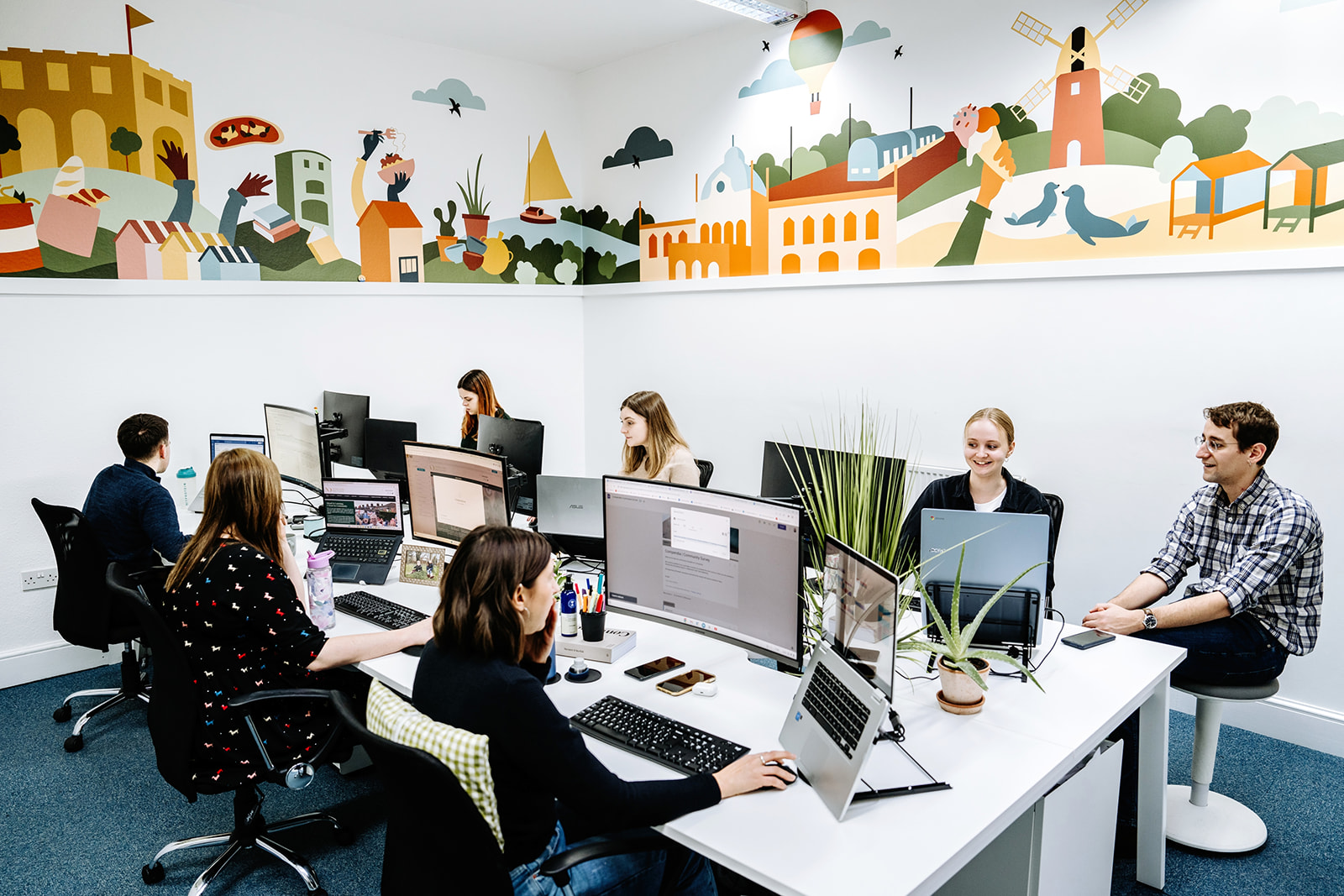

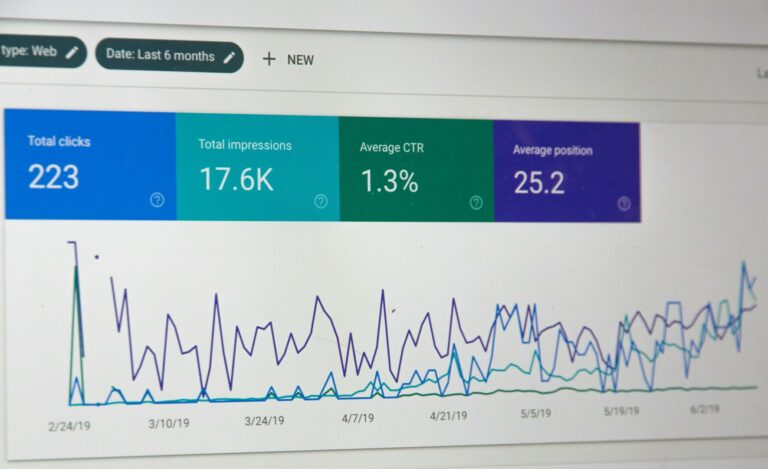
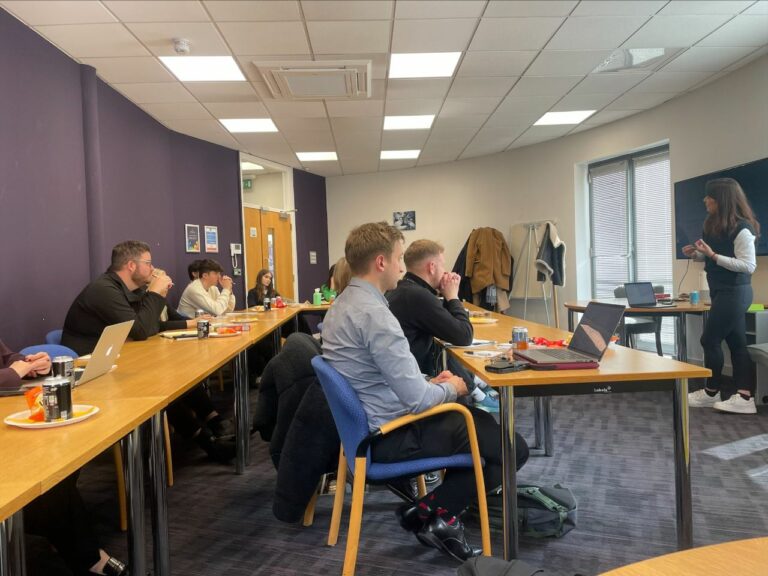




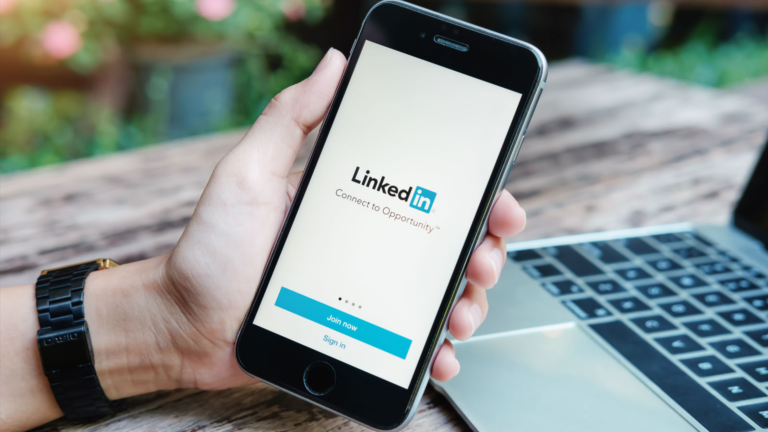
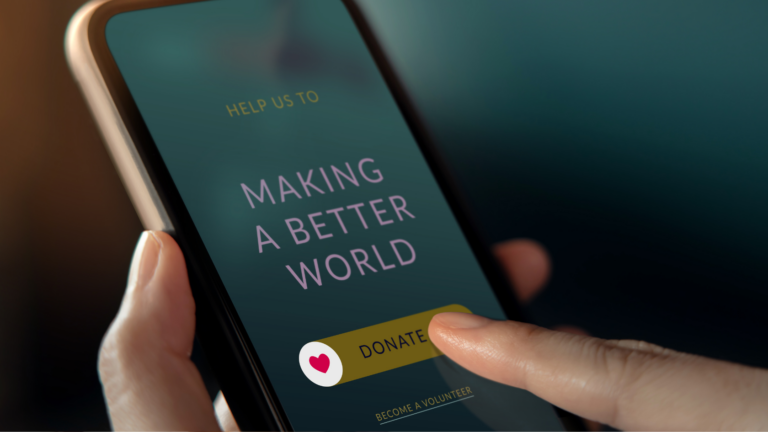
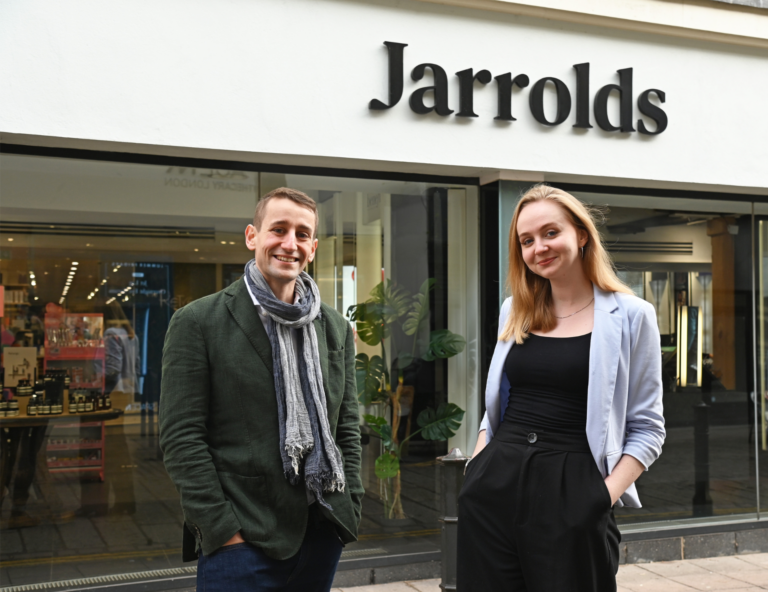
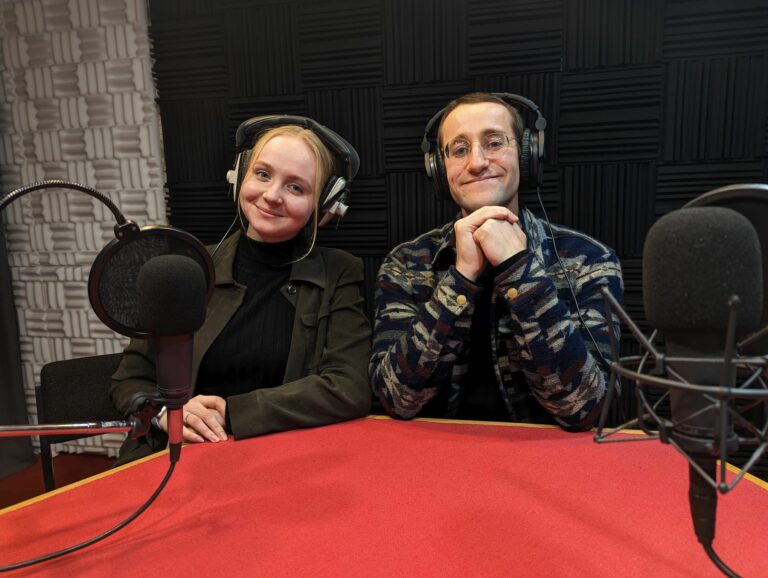


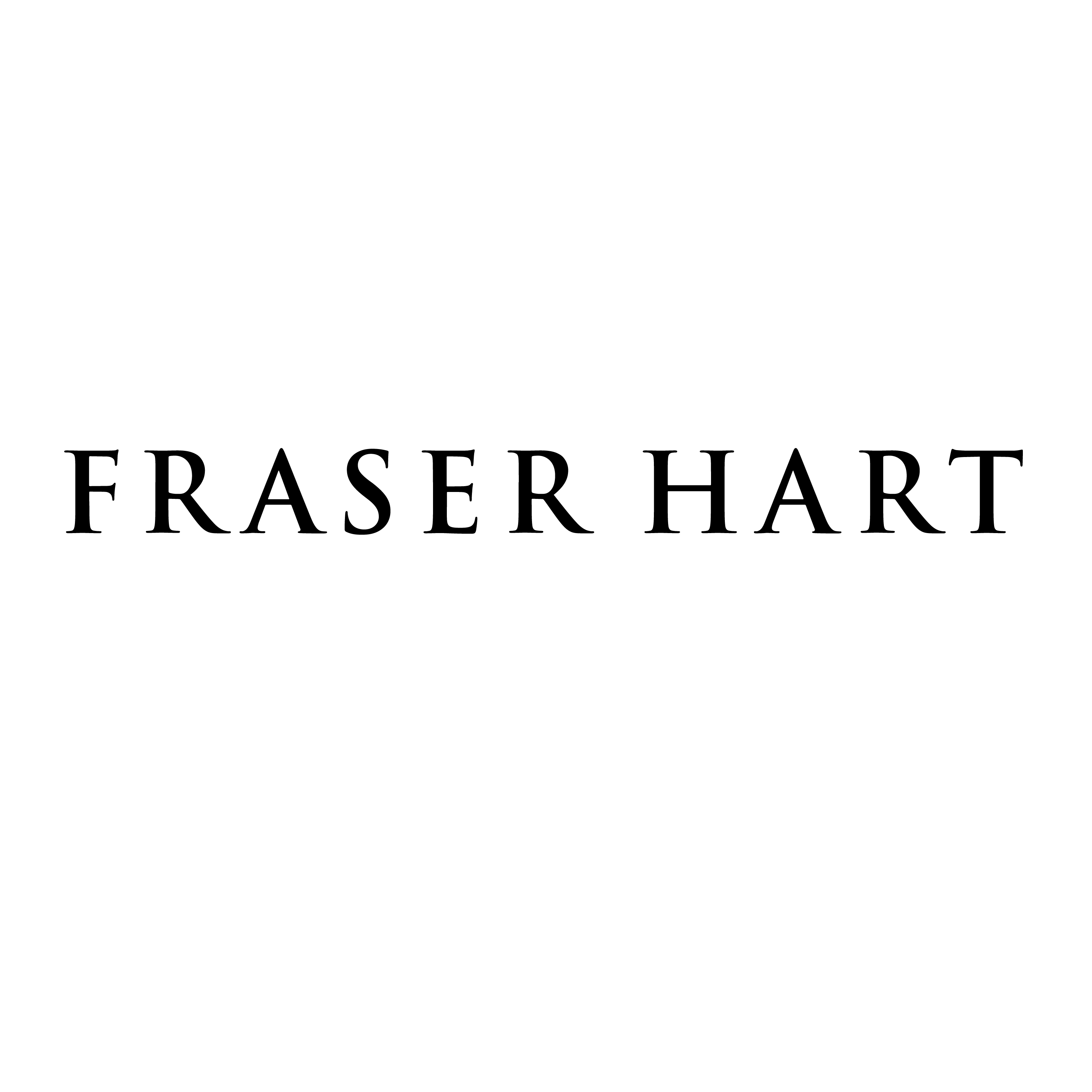
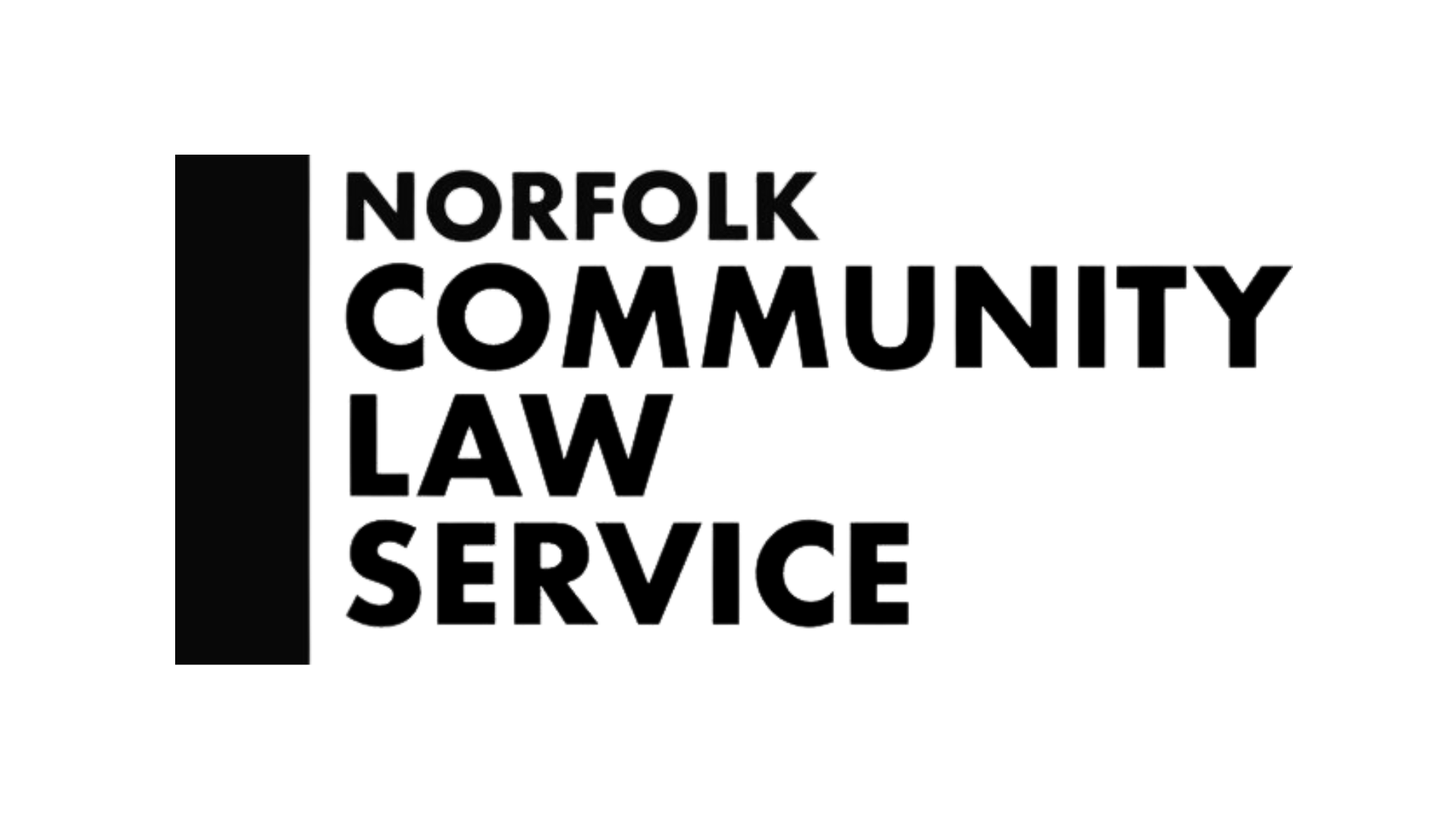



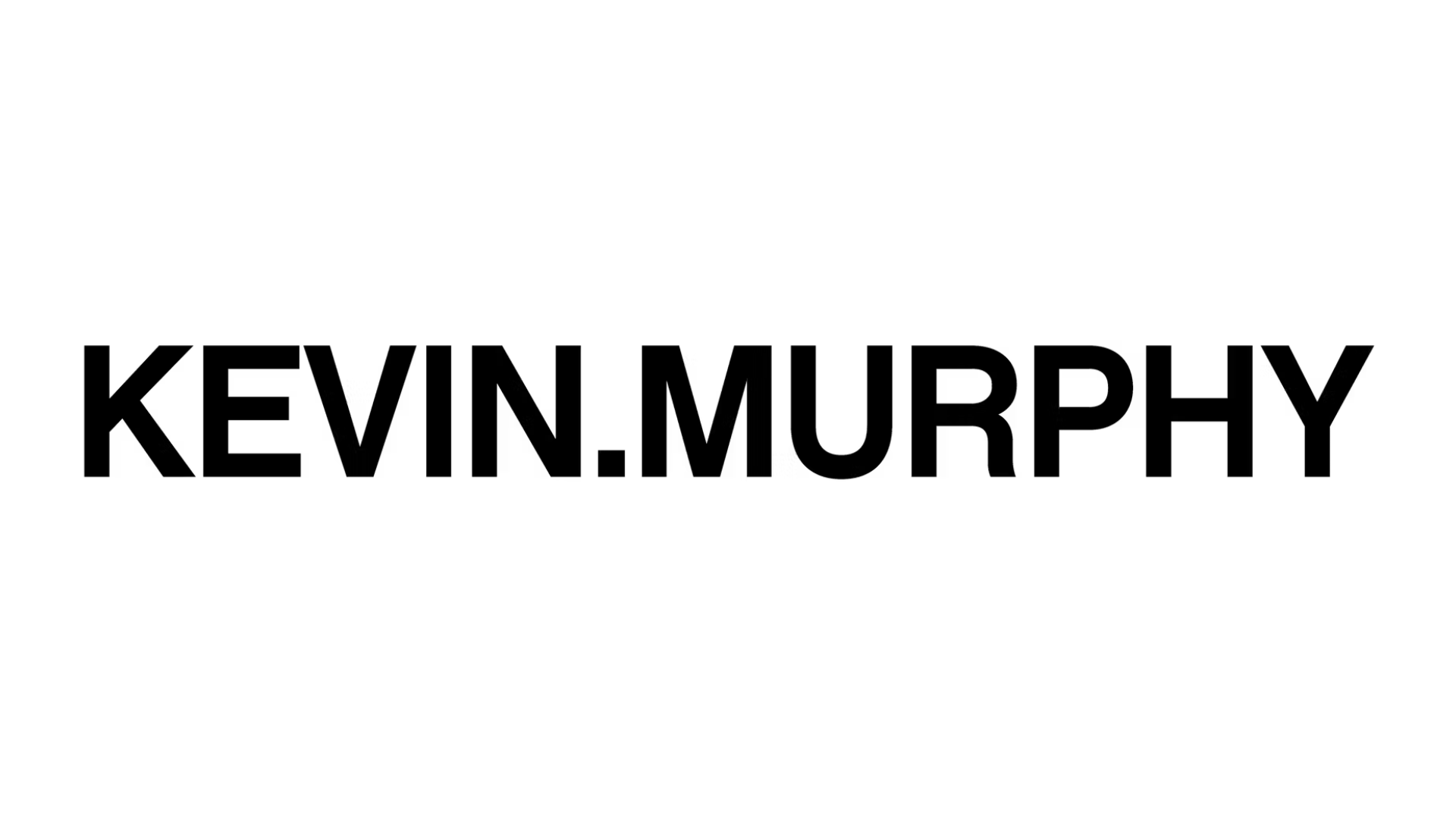
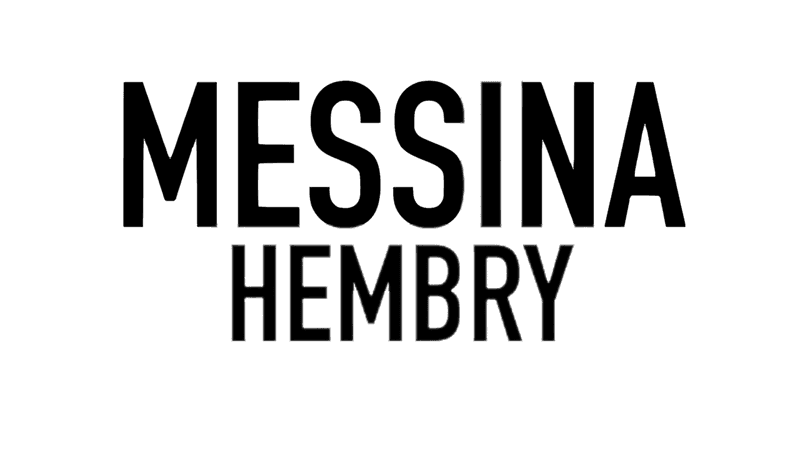
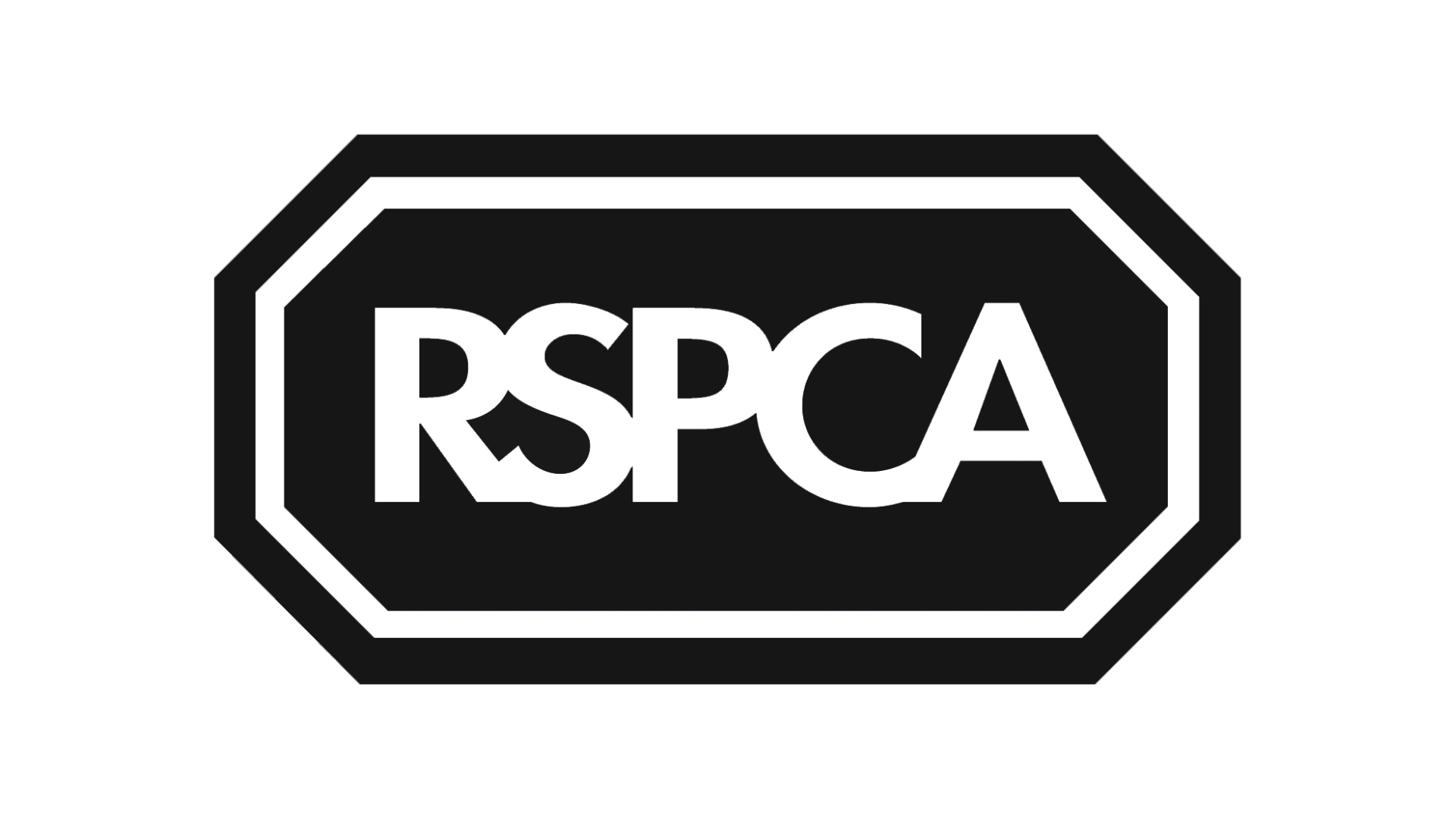


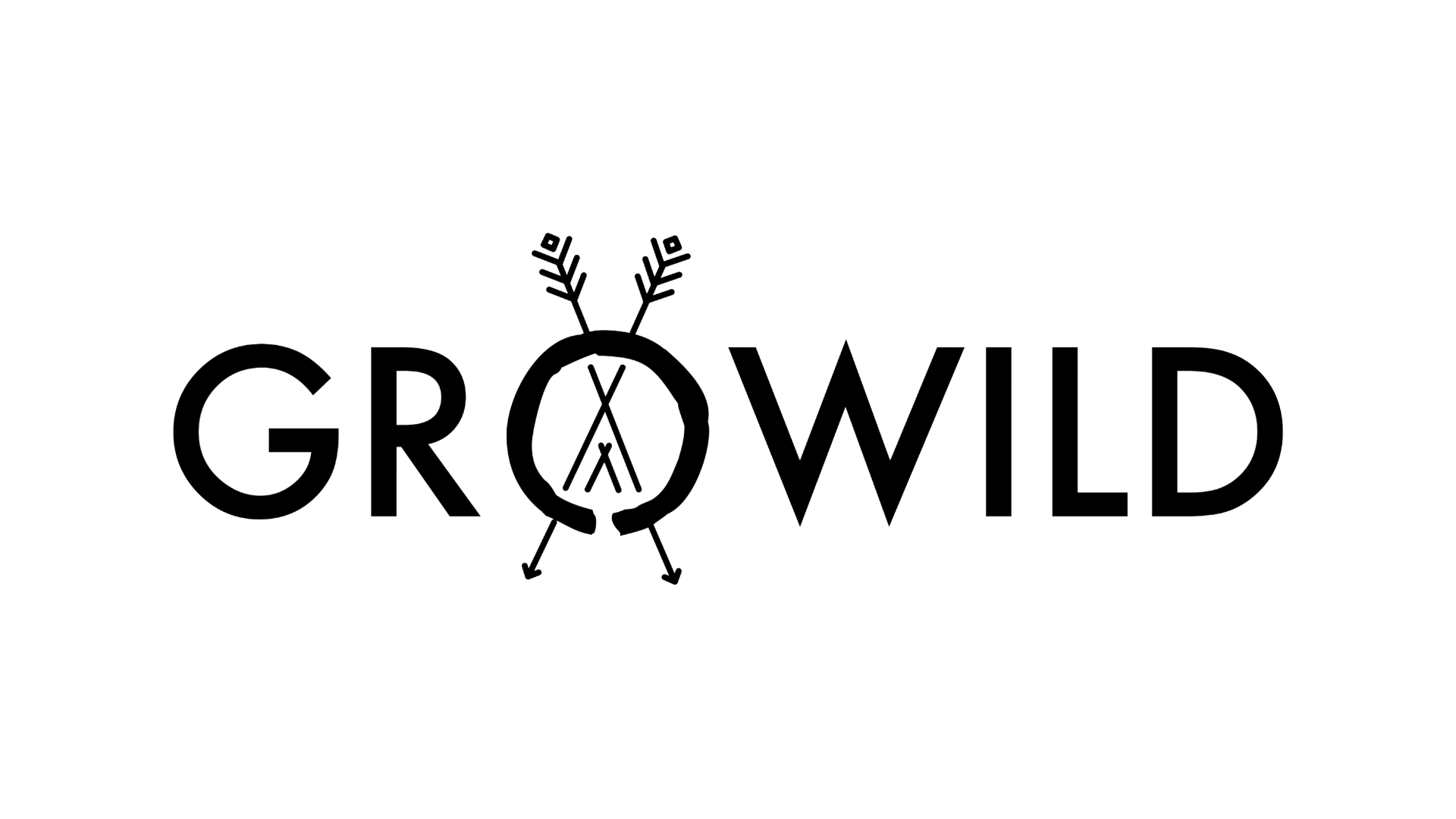
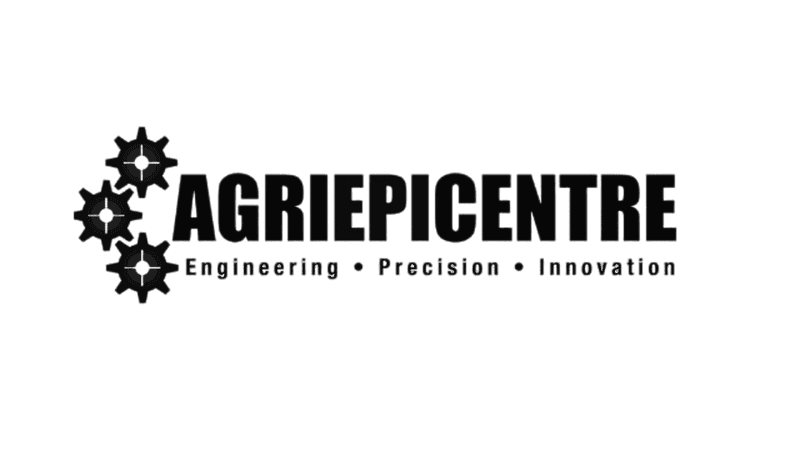


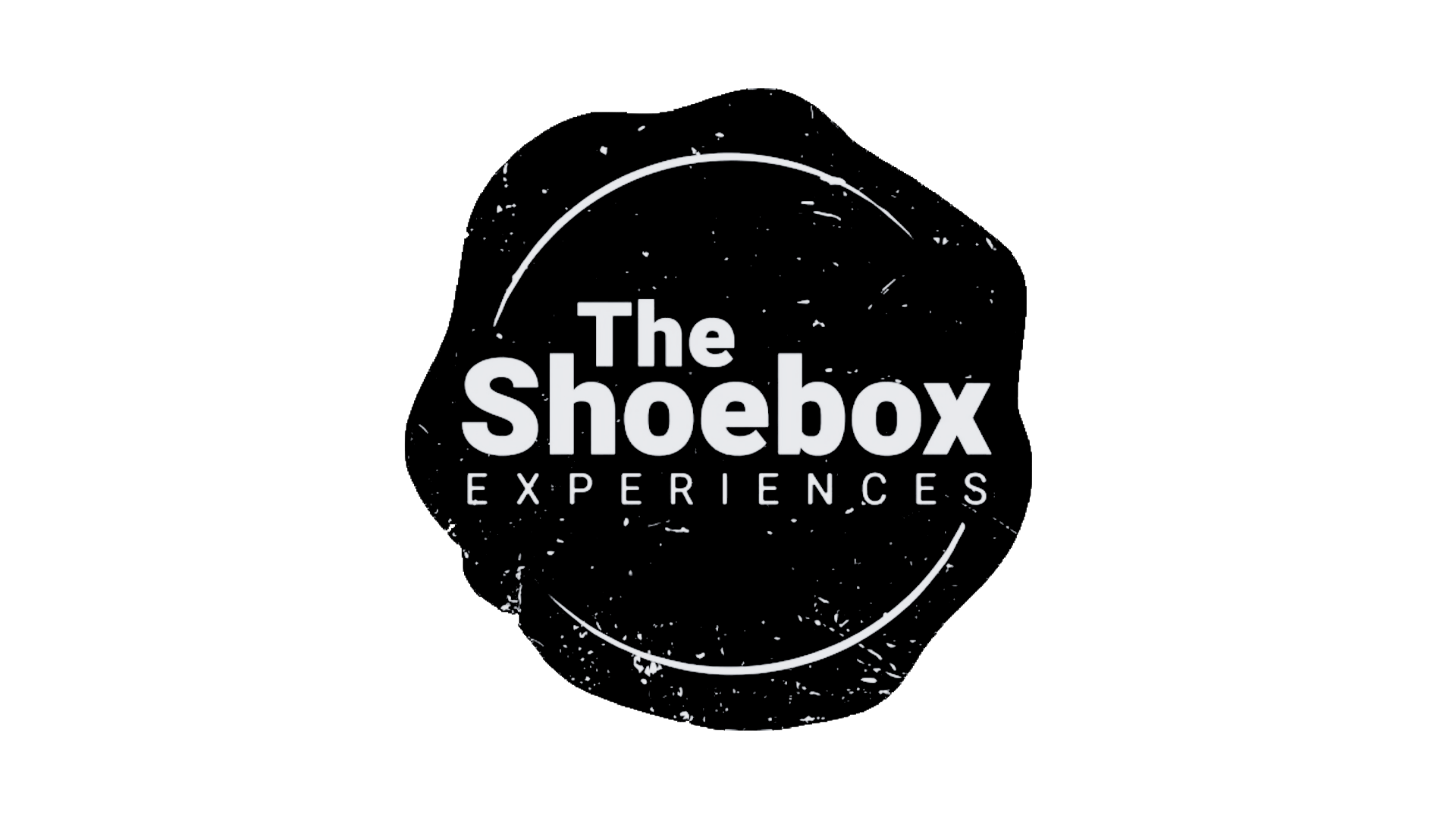


![[removal.ai]_7f27bf29-db53-435d-a634-4d6e7d4c0038](https://yawnmarketing.co.uk/wp-content/uploads/2023/01/removal.ai_7f27bf29-db53-435d-a634-4d6e7d4c0038.png)
![[removal.ai]_fb8dfe21-d7f5-4548-bd32-4e066ba3f972](https://yawnmarketing.co.uk/wp-content/uploads/2023/01/removal.ai_fb8dfe21-d7f5-4548-bd32-4e066ba3f972.png)
![[removal.ai]_a1271f54-b85f-4d55-8c8c-c0c256beb093 (1)](https://yawnmarketing.co.uk/wp-content/uploads/2023/01/removal.ai_a1271f54-b85f-4d55-8c8c-c0c256beb093-1.png)
![[removal.ai]_b81ff4af-ccff-4d3c-b358-e094865820af](https://yawnmarketing.co.uk/wp-content/uploads/2023/01/removal.ai_b81ff4af-ccff-4d3c-b358-e094865820af.png)
![[removal.ai]_60636a21-0918-4e97-8dff-085e9821386e](https://yawnmarketing.co.uk/wp-content/uploads/2023/01/removal.ai_60636a21-0918-4e97-8dff-085e9821386e.png)
![[removal.ai]_tmp-63bc0f493a216](https://yawnmarketing.co.uk/wp-content/uploads/2023/01/removal.ai_tmp-63bc0f493a216.png)
![[removal.ai]_258a25d0-cf81-49e2-97ea-eb5dba513e42](https://yawnmarketing.co.uk/wp-content/uploads/2023/01/removal.ai_258a25d0-cf81-49e2-97ea-eb5dba513e42.png)
![[removal.ai]_tmp-63bc0fb550b31](https://yawnmarketing.co.uk/wp-content/uploads/2023/01/removal.ai_tmp-63bc0fb550b31.png)
![[removal.ai]_tmp-63bc100312311](https://yawnmarketing.co.uk/wp-content/uploads/2023/01/removal.ai_tmp-63bc100312311.png)
![[removal.ai]_932dba74-335e-465d-a995-b96be4cec293](https://yawnmarketing.co.uk/wp-content/uploads/2023/01/removal.ai_932dba74-335e-465d-a995-b96be4cec293.png)
![[removal.ai]_tmp-63bc101f25d1c](https://yawnmarketing.co.uk/wp-content/uploads/2023/01/removal.ai_tmp-63bc101f25d1c.png)
